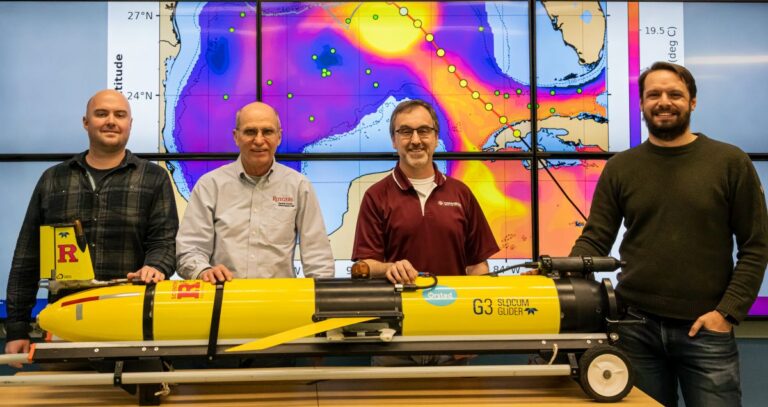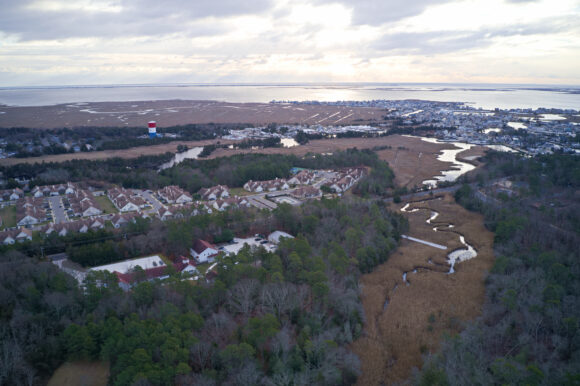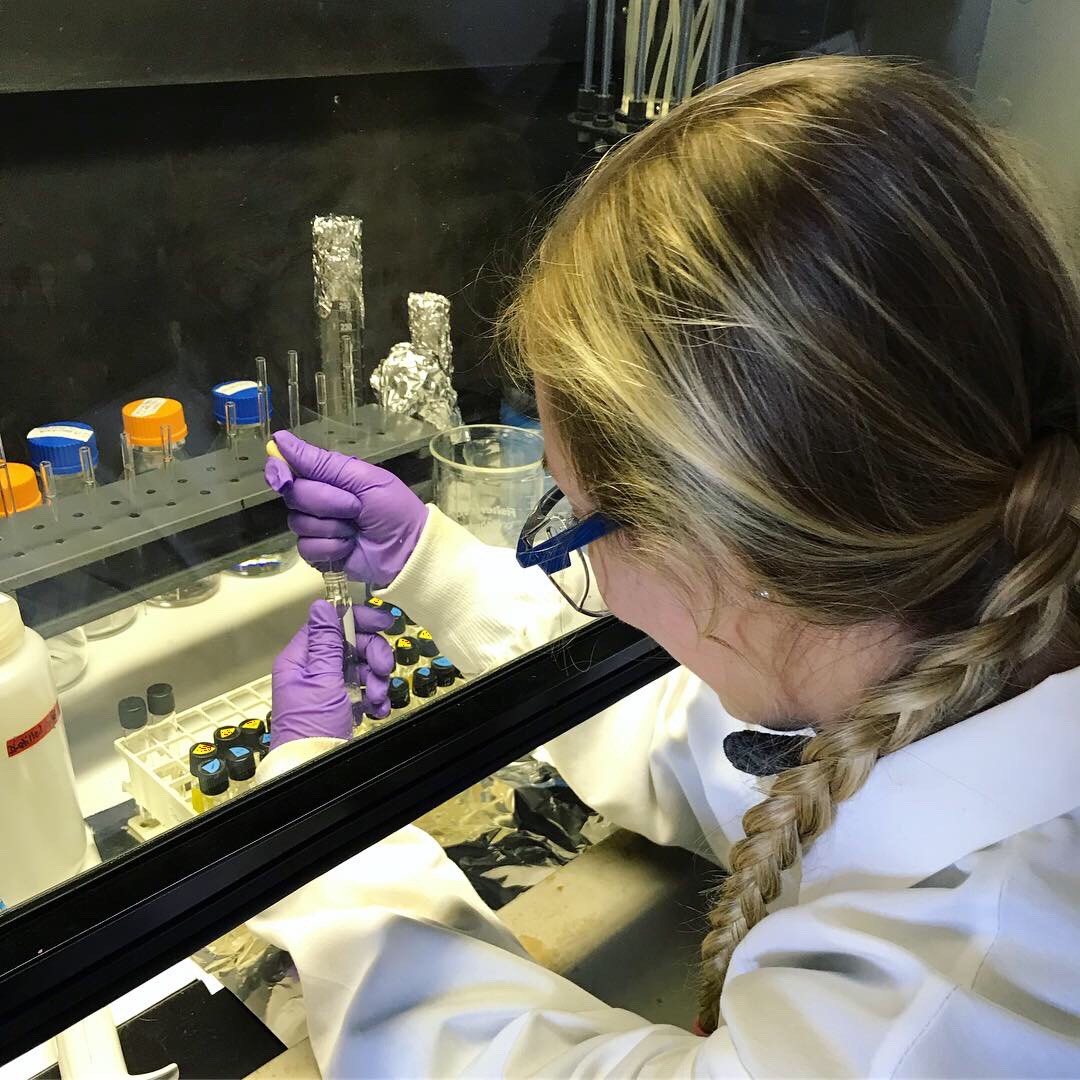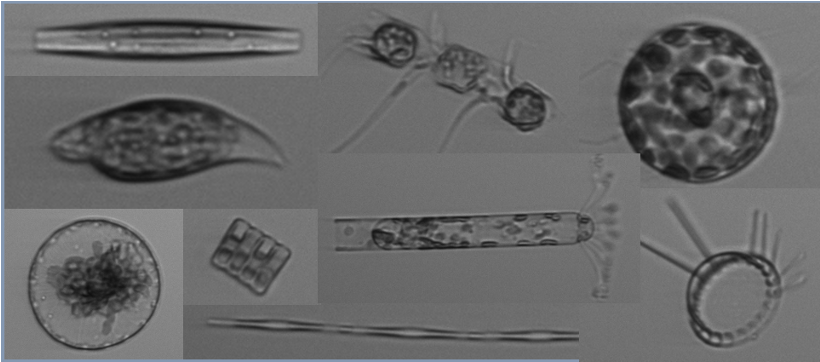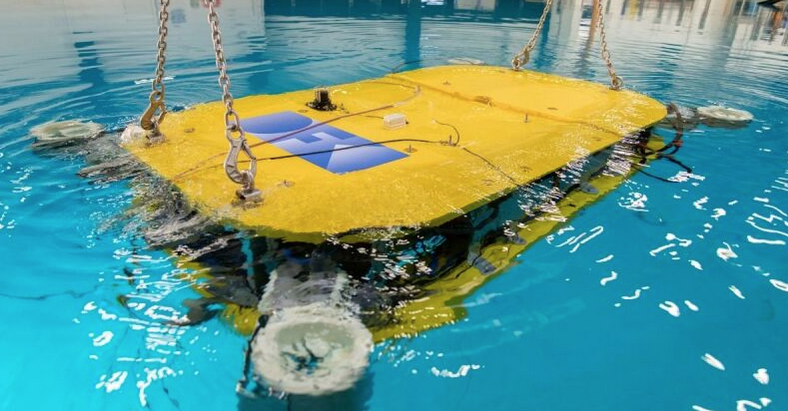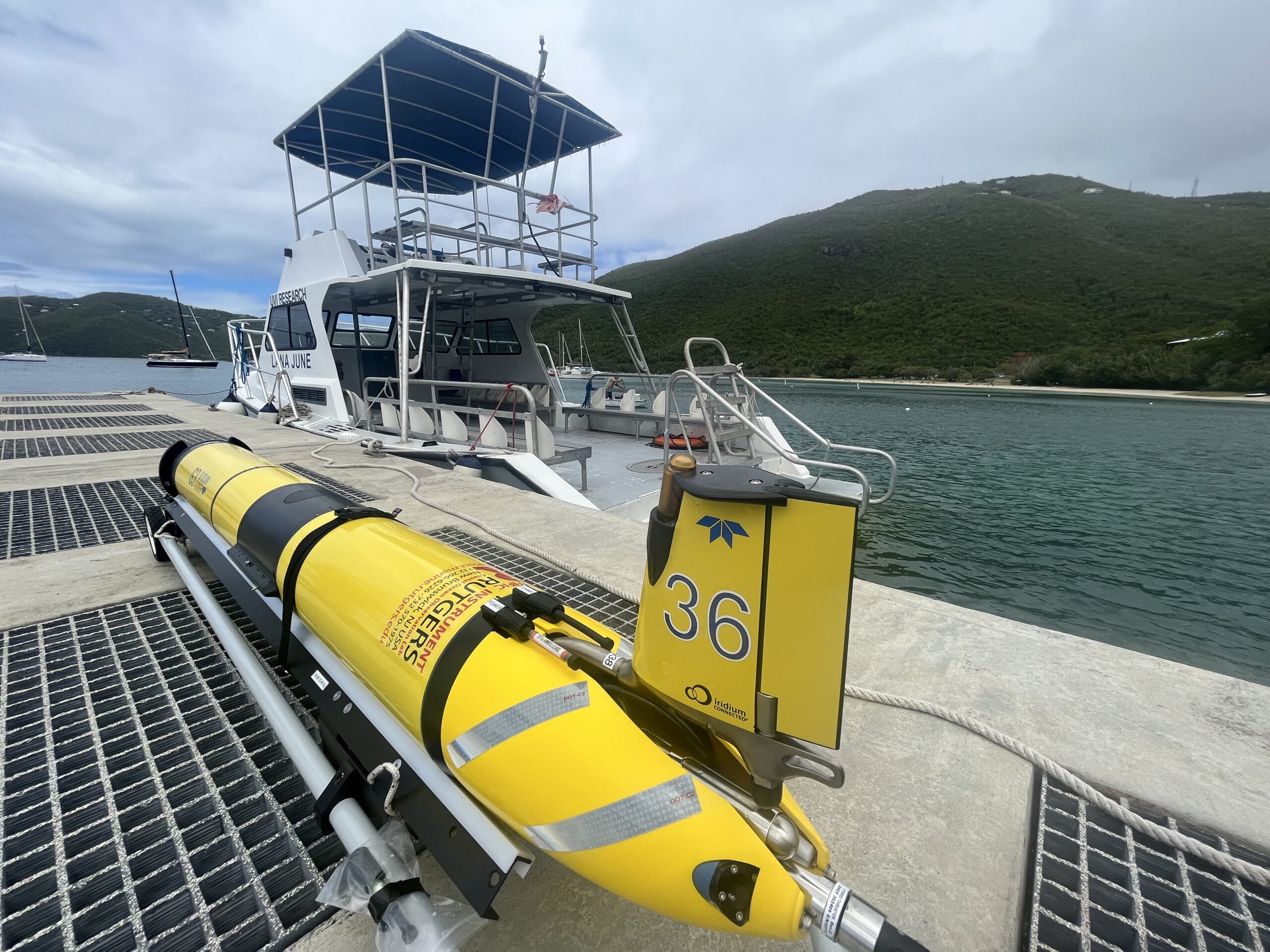Texas A&M and Rutgers Awarded $5.4 Million From National Academies Gulf Research Program
The Gulf Research Program (GRP) of the National Academies of Sciences, Engineering, and Medicine has announced $5.4 million in research funding awarded to Texas A&M University from the Understanding Gulf…

